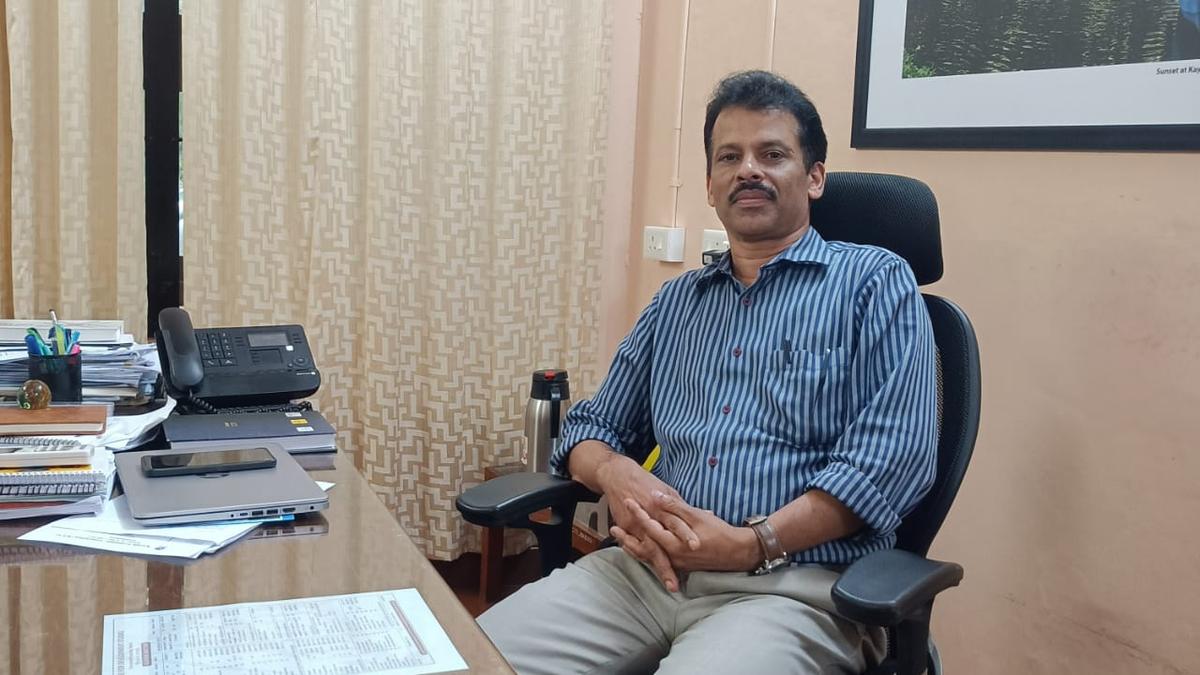
Centre for Development Studies: Looking to the future, evolving strategies to meet present-day challenges
The Hindu
CDS evolving strategies for research and financial self-sufficiency while maintaining original mandate, exploring new programs and training opportunities.
The Centre for Development Studies (CDS) is evolving strategies to satisfy present-day requirements from the twin perspectives of research-oriented academics and financial self-sufficiency, but without diluting the institute’s original mandate, C. Veeramani, the director of the institute, has said.
Speaking to The Hindu against the backdrop of the recently-celebrated birth centenary of K.N. Raj, the eminent economist who founded CDS over five decades ago, Prof. Veeramani said that the institute is currently tossing some ideas around, given the National Education Policy (NEP) requirements and the shrinkage in funding faced by academic institutions in general.
In the context of NEP, CDS is considering the possibility that it may have to restructure its two-year MA in Applied Economics programme, which was started in 2012. With four-year undergraduate programmes (FYUGP) set to become the norm, Prof. Veeramani feels that there may not be many takers for a two-year Masters in future.
“After a few years, the two- year MA programme may lose its relevance. In such a scenario, we may either have to restructure it as a one-year programme, or, possibly, introduce a five-year, integrated programme. We’ve only had some informal discussions in this regard, though. Nothing has been finalised, nor any proposal given to the government,” he said.
If at all the CDS decides to go with the second option – that of a five-year, integrated programme – it will be established as a separate self-financing unit that does not hinder the core research activities of the institute, he said. CDS is also exploring the possibility of a series of short-term training programmes on self-financing mode broadly connected to its core strengths.
“We are planning one on big data analytics and application of machine learning in economics research. These are areas where we can create skills,” Prof. Veeramani said.
These training programmes, he said, will not place a burden on the CDS faculty, although they will have the option of participating. Such programmes are also expected to build CDS’s capacity to financially sustain itself in the long run.













